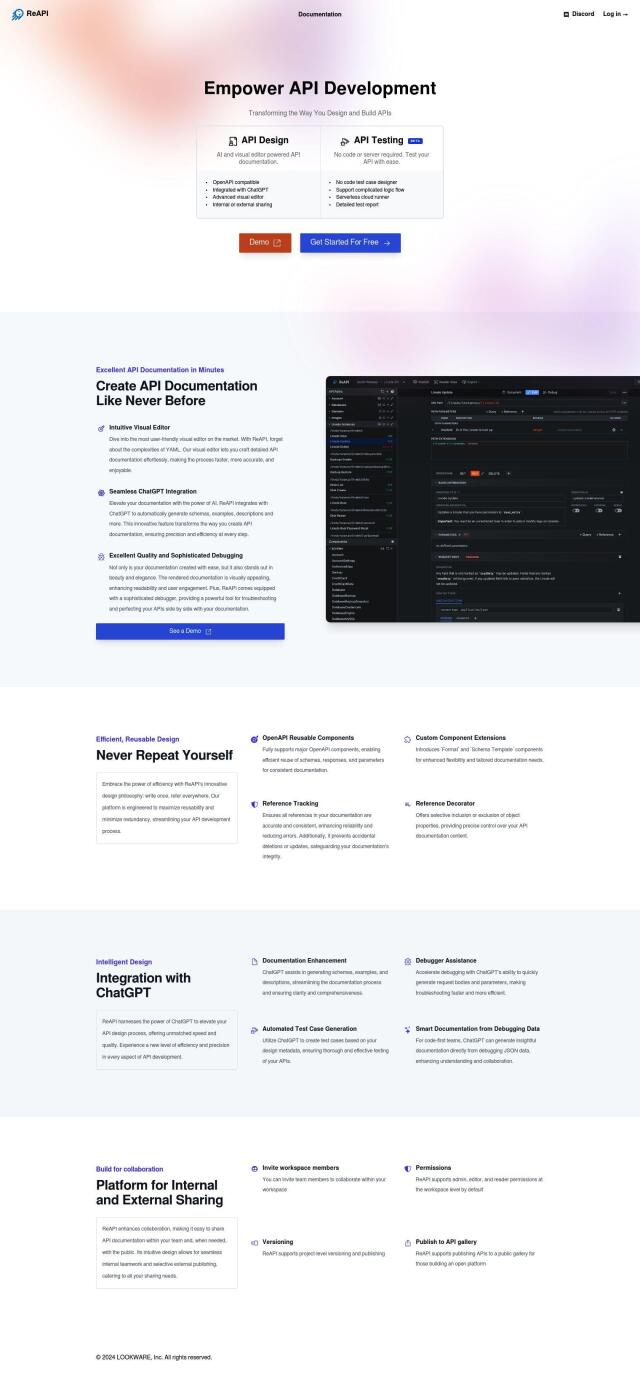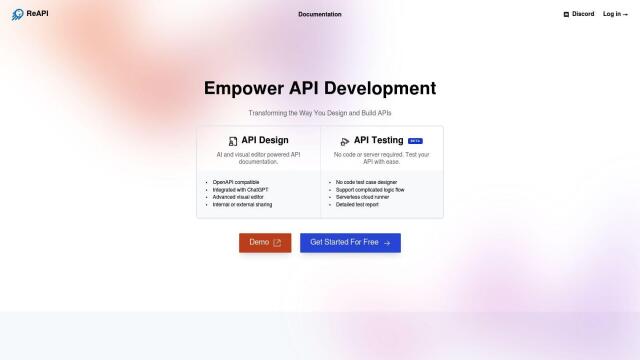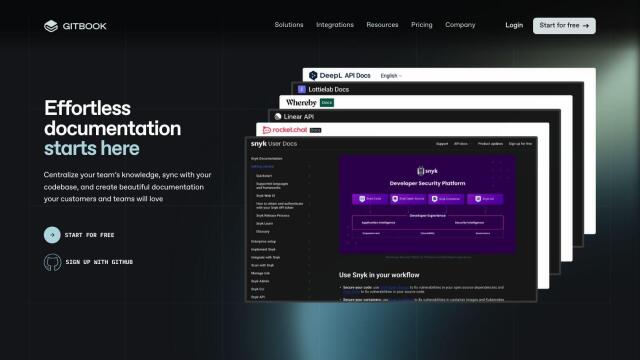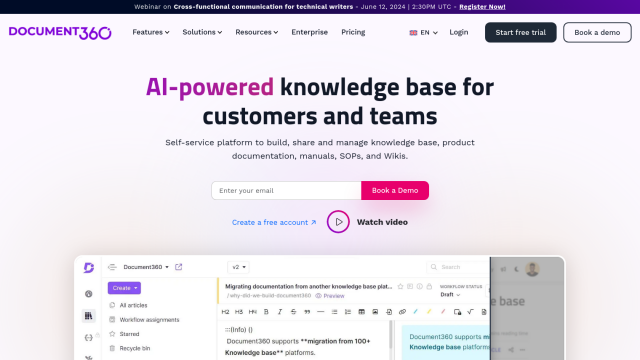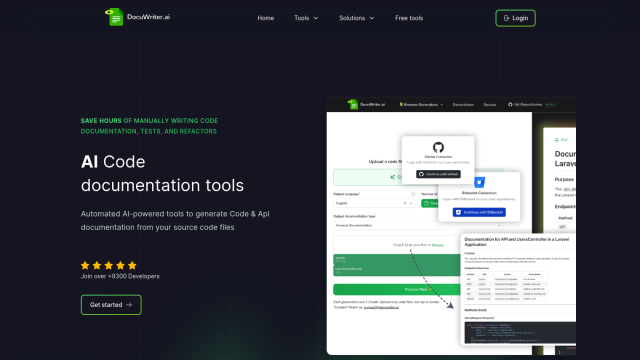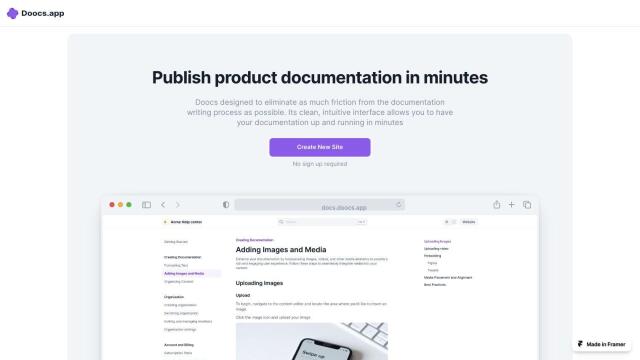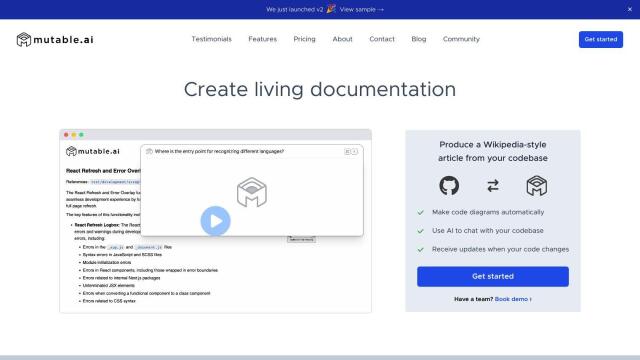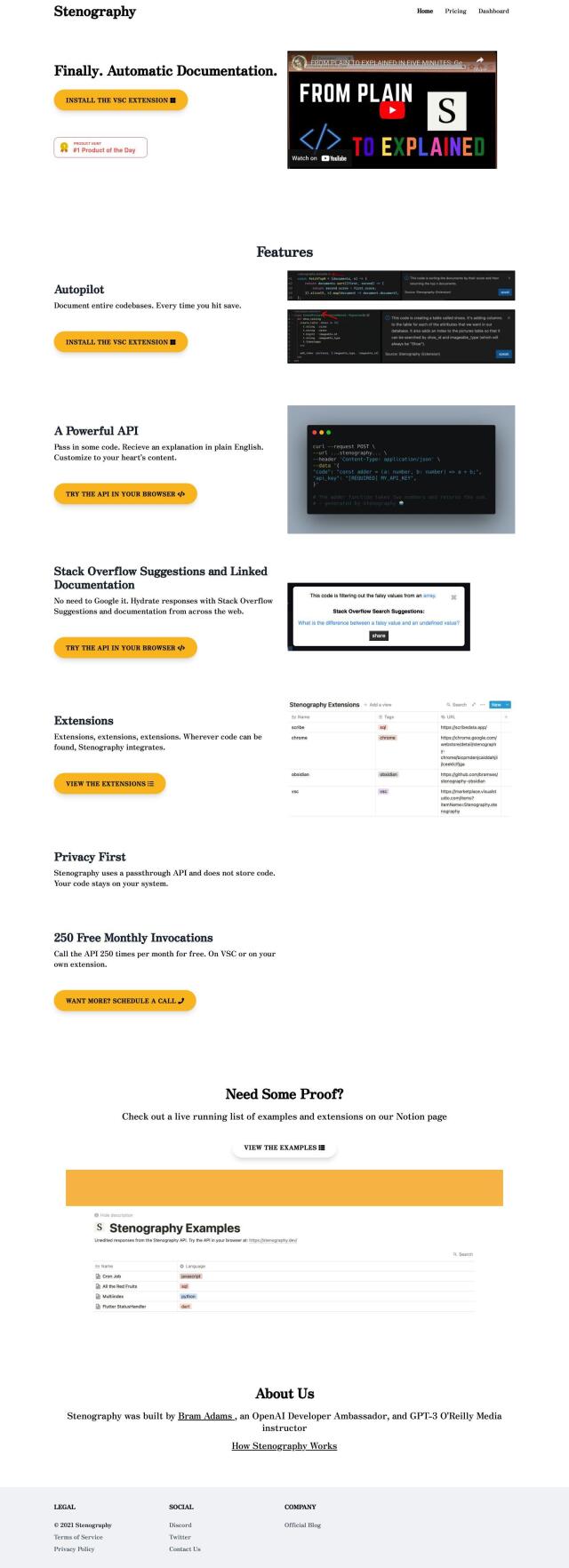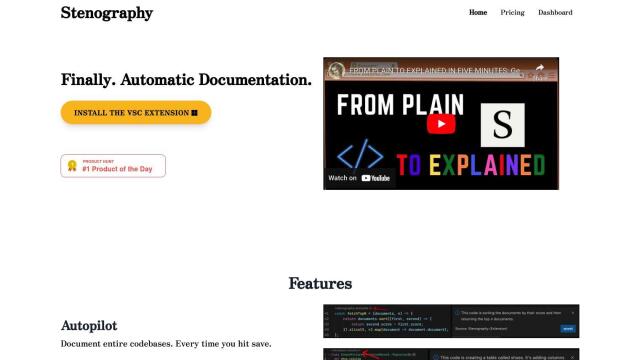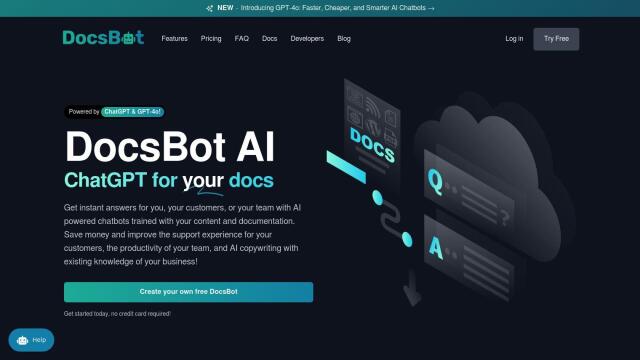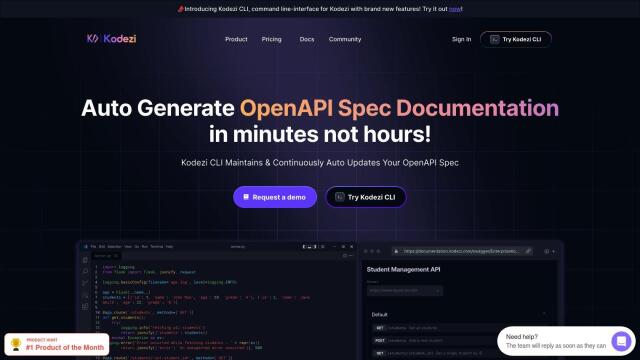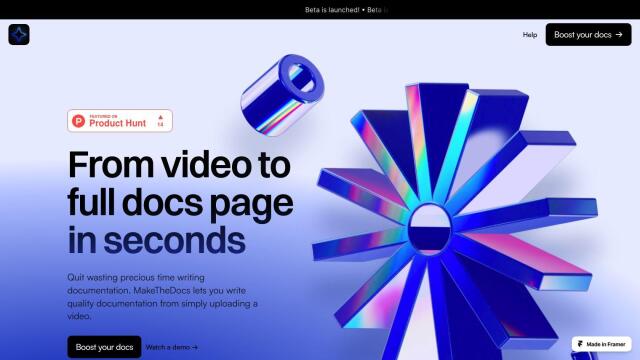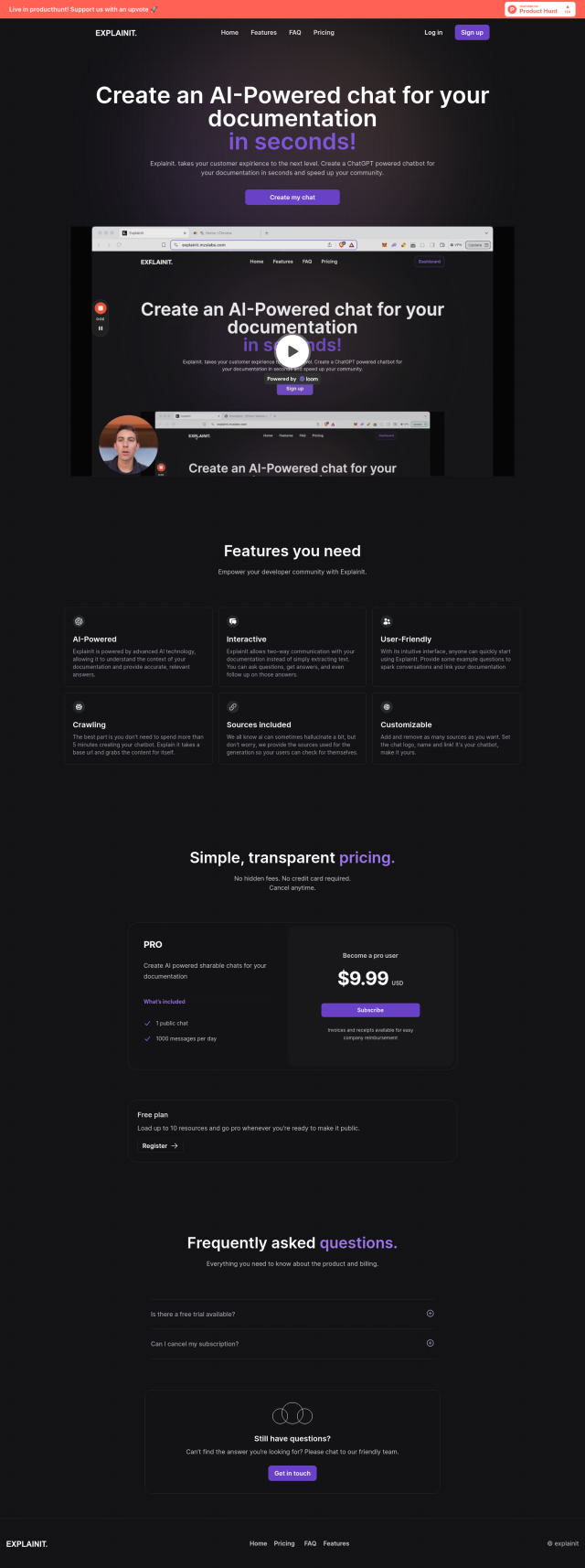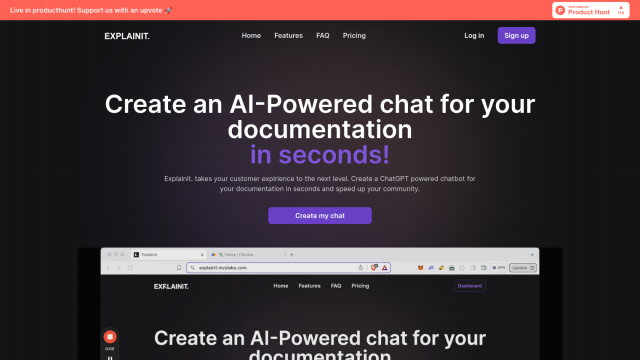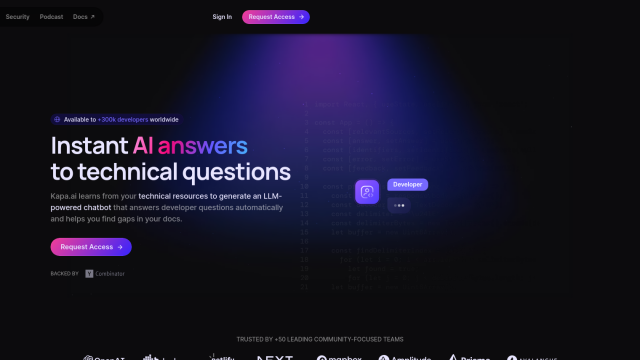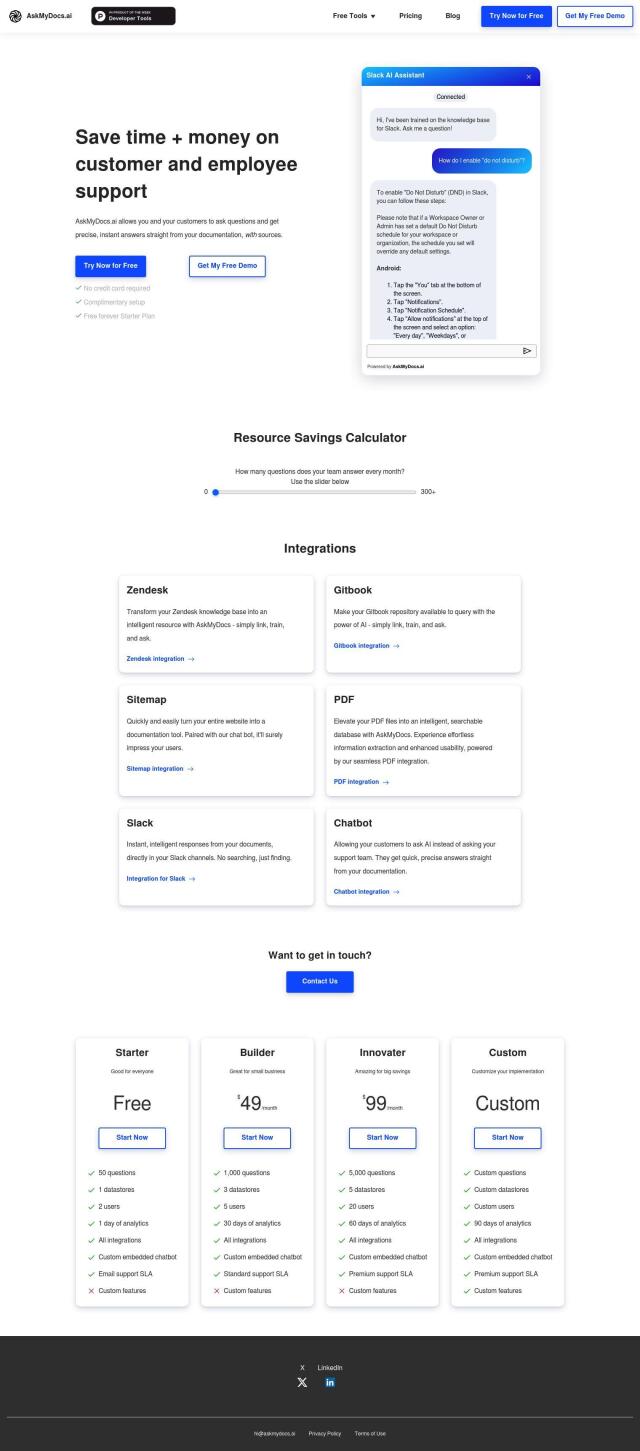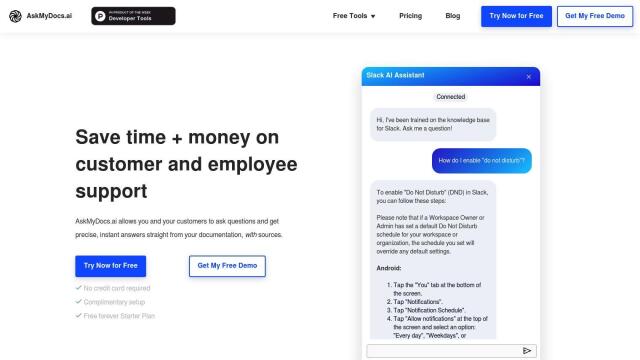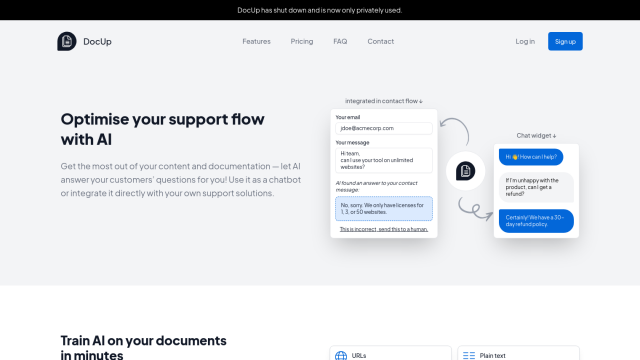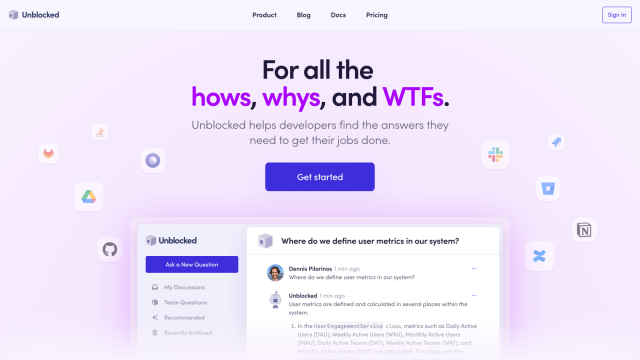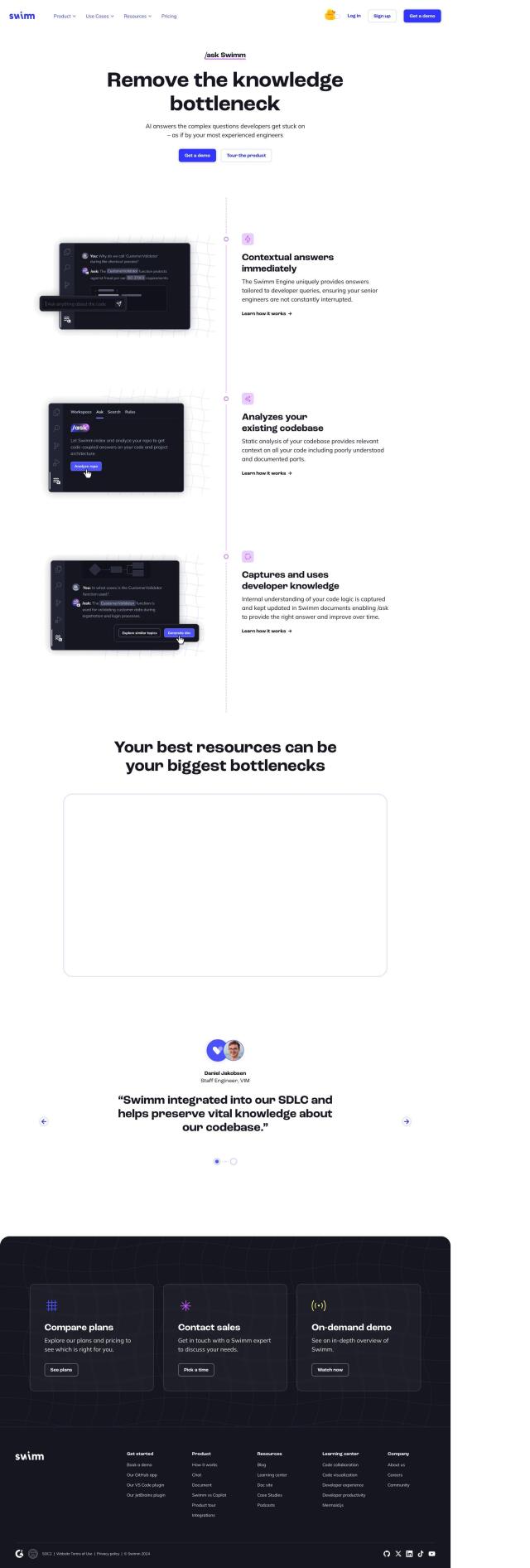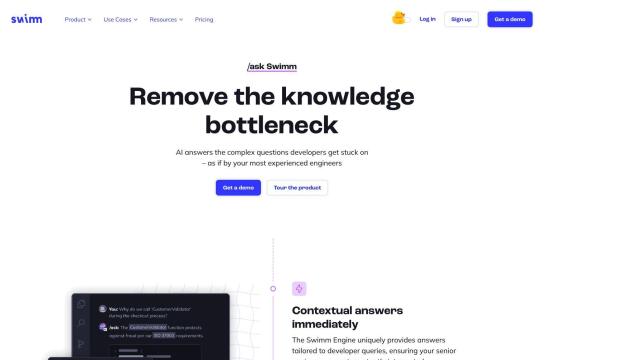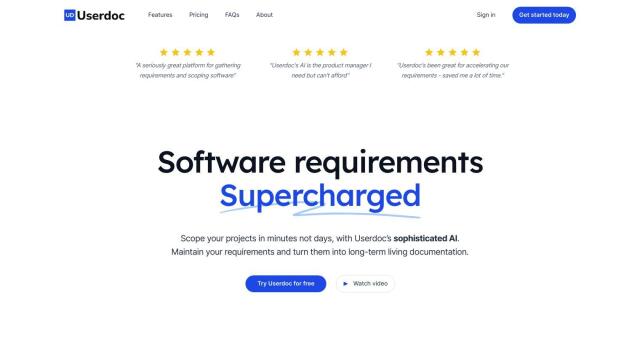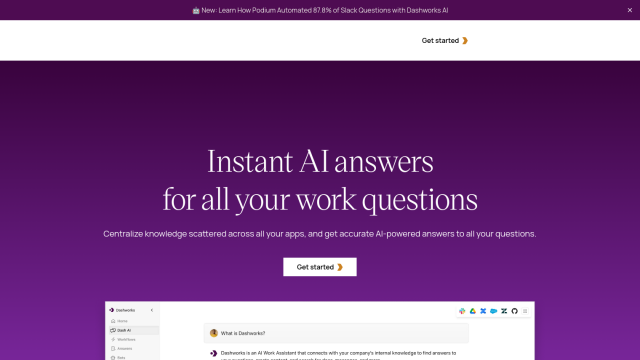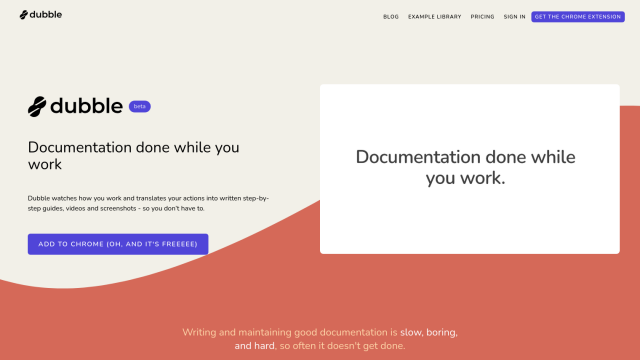Question: How can I create a unified API documentation experience for my users with features like code examples and tutorials?

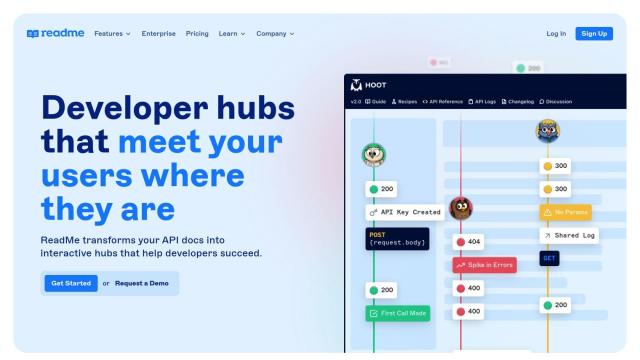
ReadMe
If you want to offer your users a unified API documentation experience with features like code examples and tutorials, ReadMe is a good option. It converts static API documentation into interactive, real-time developer hubs with tutorials, code samples and API logs. ReadMe also supports OpenAPI synchronization, GraphQL support and a Try It API playground for debugging and exploration. The service also features public and private hubs, content widgets and native search for a good user experience.

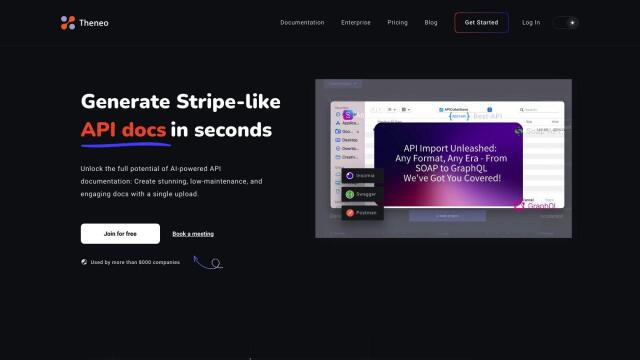
Theneo
Another option is Theneo, which uses AI to generate high-quality documentation with a minimal human touch. It supports multiple sources including OpenAPI, Postman and GraphQL, and automatically generates descriptions and summaries. Theneo can be integrated with Github, Gitlab and npm packages for automated updates and offers custom branding and advanced analytics. It's a good option for maintaining up-to-date and polished API documentation.

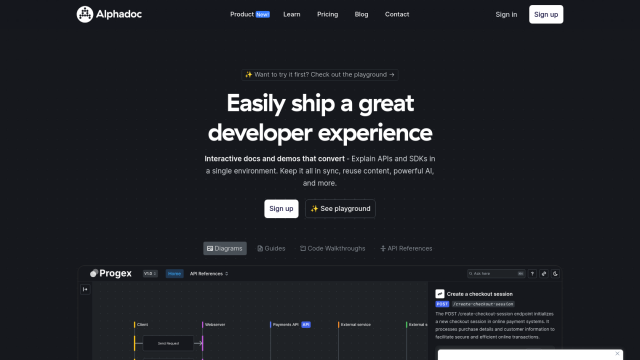
Alphadoc
If you want something more interactive and visually appealing, check out Alphadoc. This service lets developers create, manage and publish high-quality API and SDK documentation. It has a visual editor, interactive diagrams and AI-powered search to keep developers engaged and cut down on support requests. Alphadoc also offers custom domains, unlimited API endpoints and flexible collaboration and CI/CD integration, so it's good for driving product adoption.

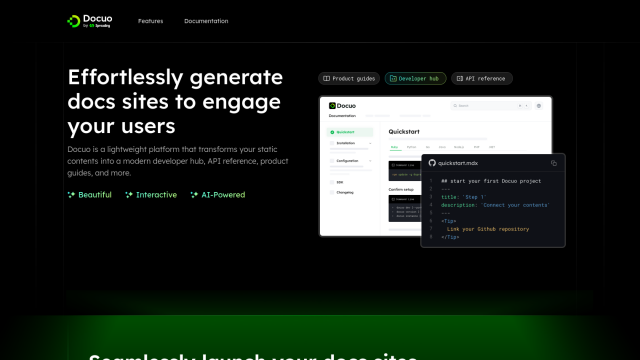
Docuo
Last, Docuo offers a lightweight foundation for building and publishing modern documentation sites. It integrates with GitHub repositories and offers customization options for logos, brand colors and site layout. Docuo offers features like interactive API playgrounds, rich docs components and built-in feedback and analytics to help streamline documentation workflows and engage users.
